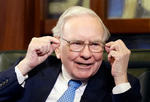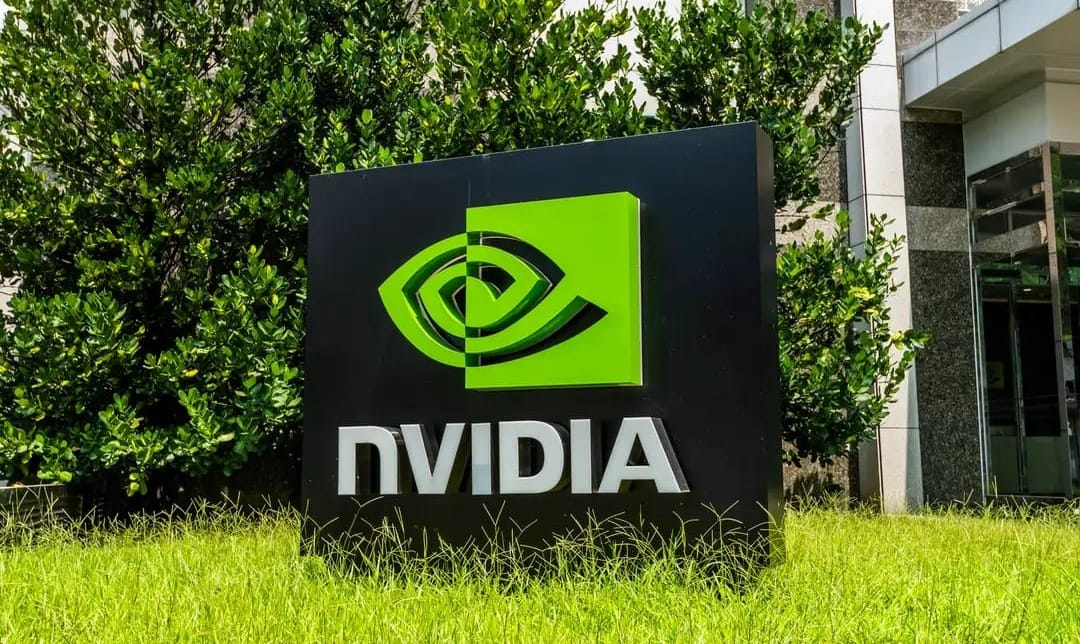Featured Posts

Last week, people saw the 7% spike in the S&P 500 and called it a relief rally. Markets breathed. Volatility cooled off for a moment. But what actually happened wasn’t just a response to Trump’s sudden 90-day tariff pause. It was a pressure release after days

Let’s talk markets. Specifically, let’s talk about what just went down (literally) in the Nasdaq this week. If you’ve been paying attention—or maybe even if you haven’t—it’s gotten pretty ugly pretty fast. I even tweeted something about it: Markets take the stairs up

The drop happened fast! If you blinked sometime in February, you might’ve missed that we were at new all-time highs. Now? We're in full correction territory. Just yesterday, the S&P 500 fell more 2%, and now close to 10% in less than a month. Not

Did you know that 56% of Wisconsin’s agricultural exports could be impacted by tariffs from Canada, Mexico, and China? Wisconsin now represents the 11th largest exporter of agricultural products in the U.S., up from 13th in 2023 (WI DATCP). In 2024, Wisconsin’s agricultural exports reached $3.97

Markets are trying to recover after last week’s selloff, but the gains are small.
As of this morning, the S&P 500 and Russell 2000 are both up just 0.03%, the Dow is up 0.11%, and crude oil is climbing 0.2%. Meanwhile, the Nasdaq 100 is slightly down (-0.12%), signaling that tech stocks are still under pressure.
The big event everyone is watching? Nvidia’s earnings on Wednesday. AI stocks have led the market higher for over a year, and Nvidia has been at the center of it all.
If their results show slowing growth or weaker AI demand, it could shake up the entire market.

AI Spending is the Biggest Question
Microsoft and Nvidia are climbing after last week’s dip. But beneath the surface, there are signs that AI spending might be cooling down.
One red flag: Microsoft is canceling multiple data center leases. That could mean demand for cloud infrastructure—which has been fueling AI growth—isn’t as strong as expected.
If Nvidia reports any weakness in AI-related sales, investors could start questioning just how sustainable the AI-driven market rally really is.
Meanwhile, Berkshire Hathaway has been quietly outperforming. Warren Buffet's company posted record insurance profits. In the past year, their stock is up 16.8%, just below the S&P 500's 18%

What’s Coming Next?
This week has a few key events that could drive markets in either direction. Nvidia reports earnings on Wednesday, and expectations are sky-high. Given how much AI stocks have led the market, a miss here could have ripple effects across tech.
On Friday, the Fed’s preferred inflation gauge (PCE data) comes out. If inflation stays higher than expected, it could push back any hopes of rate cuts, putting pressure on stocks.
Before that, on Tuesday, consumer confidence data will give a read on spending and sentiment. If consumers start pulling back, it could mean slower growth ahead.
Markets are in wait-and-see mode, and Nvidia’s earnings could be the deciding factor.


